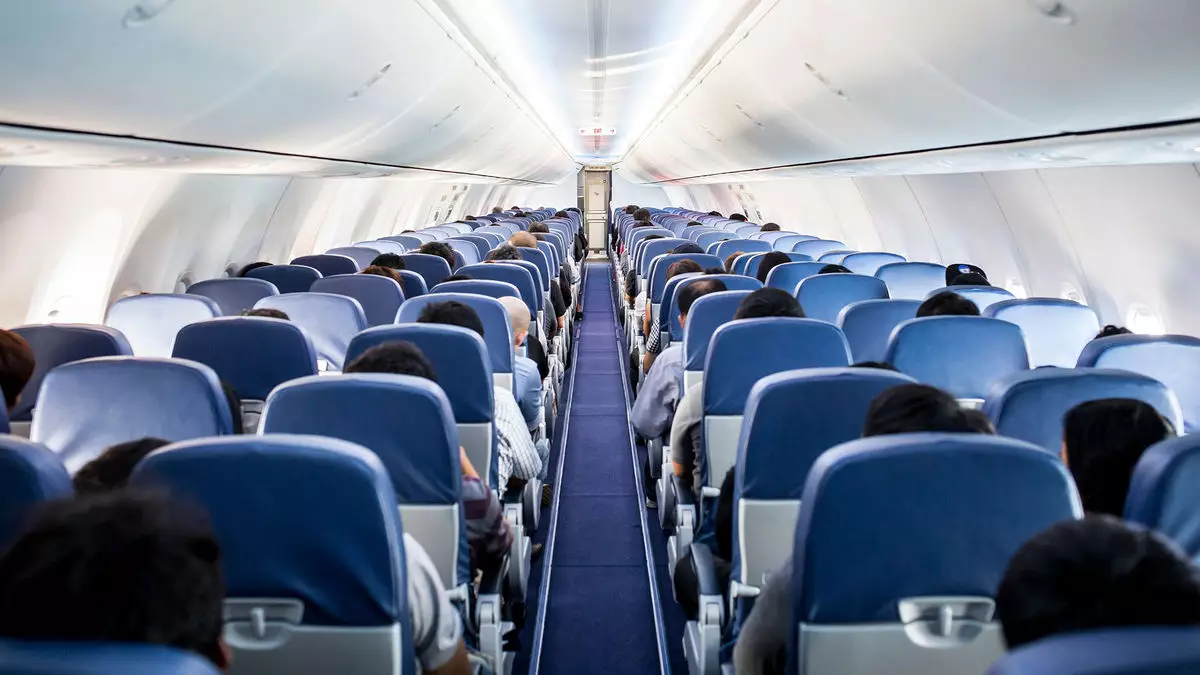In recent discussions before the Senate Permanent Subcommittee on Investigations, major U.S. airlines expressed their continued opposition to proposed regulations aimed at increasing fare transparency, specifically regarding the disclosure of ancillary fees. This debate centers on an important issue for consumers, who often find themselves surprised by unexpected fees added to what they initially believed was the complete fare of their flights.
A coalition of major airlines – including Delta, American, United, Frontier, and Spirit – has demonstrated a strong resolve to fight against a regulation mandated by the Department of Transportation (DOT). This regulation requires airlines to disclose all aspects of flight costs, including charges for checked and carry-on baggage, and change or cancellation fees, right from the start of the booking process. Despite evident commitments to transparency made by the airlines during this Senate hearing, their simultaneous actions in the courtroom tell a different story.
Senator Richard Blumenthal’s inquiries highlighted this contradiction during the Dec. 4 hearing. Blumenthal urged airline representatives to withdraw the legal challenges blocking the enforcement of fare transparency rules. Each representative met with resistance, as none agreed to abandon their lawsuits. Notably, Delta’s head of legal affairs, Peter Carter, rationalized their stance by claiming that while the airline embraces a spirit of transparency, the regulation itself is excessively detailed and burdensome. This response raises critical questions about whether the industry’s commitment to transparency is genuine or merely lip service.
The Regulatory Background
The proposed regulation, finalized in April, emerged from growing concerns regarding hidden fees that plague ticket purchases. Airlines and travel agents would be mandated to fully disclose their fee structures to consumers before tickets are purchased. Despite their claims of transparency, critics argue that many airlines are notorious for using this opacity to maximize profits at the expense of consumer trust.
In a significant development earlier this year, a ruling from a three-judge panel of the Fifth U.S. Circuit Court of Appeals sided with the airlines, stating that the DOT’s rule likely exceeded its jurisdiction and would harm airline operations. This leaves consumers in a precarious position, still in the dark about the full cost of ticket prices until after they have committed to purchasing.
Investigating Airline Practices
Further aggravating the situation, the Subcommittee’s recent report scrutinized various fee practices, particularly those related to ancillary charges like seat selection fees. The investigation pointed fingers at several airlines regarding whether they duly pay the 7.5% air transportation excise tax on these additional fees. United Airlines’ chief commercial officer, Andrew Nocella, defended his company by asserting it regularly fulfills its tax obligations, despite what he characterized as inaccuracies in the Subcommittee’s findings.
The report also shines a light on questionable incentive programs adopted by airlines, specifically Spirit and Frontier Airlines, which reward gate agents for collecting carry-on fees. Such incentive structures raise ethical concerns, as employees may emphasize collecting charges over customer service. These policies effectively create a bounty-like system, which Senator Blumenthal criticized during the hearing. He pointed out that the incentive schemes can adversely affect passengers, who, often pressed for time, encounter the gate charging policies without any recourse.
Blumenthal underscored the frustrations experienced by passengers in light of such practices. He showcased an incident where a Frontier gate agent wrongly rejected a carry-on bag that visually fit within the allowed dimensions. This incident serves as a representation of a broader issue faced by consumers who often feel helpless and cornered by airlines’ stringent policies during the final moments before boarding.
The disconnect between stated commitments to transparency and the actual practices of airlines raises crucial ethical considerations. Is it ethical for airlines to prioritize ancillary fee collection at the expense of customer service and satisfaction? The increased scrutiny may force airlines to reevaluate their practices and prioritize consumer rights, as public sentiment increasingly favors transparency and fairness in the industry.
The Road Ahead: A Call for Reform
As Senate discussions and investigations continue, the necessity for regulatory reform remains pressing. The outcome of this legal battle will likely have far-reaching implications for the airline industry as well as consumer rights. It is crucial for lawmakers and regulatory bodies to hold airlines accountable and establish clear guidelines ensuring customers receive transparent pricing, devoid of hidden costs, at the point of sale. As consumer awareness grows, airlines must recognize that fostering trust through transparency is not only ethical but also vital for sustaining customer loyalty in a highly competitive market.

